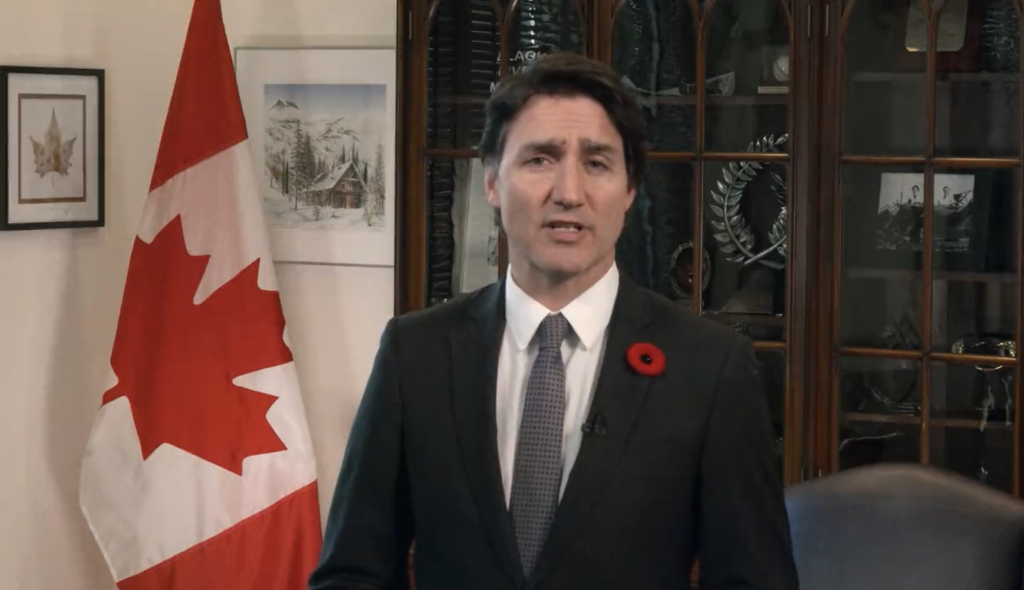
COP28: CONTRIBUTIONS TO THE FUND TO PAY FOR DAMAGES CAUSED BY CLIMATE CHANGE TO VULNERABLE COUNTRIES ARE ALREADY IN PLACE
The countries most vulnerable to climate change have begun the COP28, which is being held in Dubai, with a triumph: after three decades of the idea, a fund has finally been created to pay for the losses and damages they have suffered and will suffer due to the increase in the planet’s temperature, a phenomenon for which the most developed nations are responsible to a greater extent.
The nearly 200 countries represented at the Summit agreed on Thursday, November 30, 2023, that the fund will be managed by the World Bank. Who should contribute? The agreement invites developed countries, those that have historically caused the greatest greenhouse gas emissions, to take the lead and make the first contributions.
And the host country of COP28, the United Arab Emirates, a petro-state, has made the initial contribution: on the first day, Sultan al Jaber, who is chairing the summit, said that his country will contribute $100 million. Germany then pledged another 100 million. The United Kingdom has pledged £60 million (about $76 million). The 27 countries of the European Union, in total, will contribute some 225 million euros, about $245 million. Japan has reported that its contribution will be $10 million.
The United States has pledged $17.5 million, subject to approval by the U.S. Congress. The United States was one of the rich nations reluctant to create the fund because they did not want it to imply an acceptance of responsibility, they did not want it to be assumed that they were making compensation for damages they had caused.
The U.S. climate envoy, John Kerry, declared that they have worked so that the contribution of these resources “is based on cooperation and does not imply responsibility or compensation”, according to BBC Mundo.
Today, December 1, 2023, France announced that its contribution will be 100 million dollars, and Canada 16 million.
In total, the first commitments add up to around $400 million. And they can be increased.
OTHER CONTRIBUTORS
It was a surprise that the creation of the fund and the first contributions were agreed on the opening day of the COP28. It was expected that this, which was one of the most important issues of the world climate summit, would be discussed throughout the days and only at the end would its management and contribution amounts be announced.
Now, what is expected is that by the end of the summit, on December 12, more nations will commit to pay for the damages caused by their carbon emissions into the atmosphere in other countries.
And this will be possible because the agreement did not stipulate that only the countries that have historically used the most fossil fuels, since the beginning of the industrial era in the 19th century, should make the contributions. Contributions were left open to all. In this regard, there are expectations about the commitments that China, whose industrialization is not longstanding, but is the country that currently ranks first in terms of greenhouse gas emissions, may make.
And given the terms of the agreement, it is feasible that in the future contributions will also be obtained from companies or activities in general that contribute the most to global overheating. UN Secretary Antonio Guterres has already urged the planet’s tycoons to compensate those who suffer the consequences of climate change.
According to Spain’s El País, the agreement reached establishes that the fund will be open to “receive contributions from a wide variety of funding sources, including grants and concessional loans from public, private and innovative sources”.
It also states that the purpose is to “assist developing countries that are particularly vulnerable to the adverse effects of climate change” to cope with “the economic and non-economic losses and damages associated with the adverse effects” of the climate crisis.
THREE DECADES OF STRUGGLE
In the 1990s, the need for the countries that contribute most to the increase in global temperature to pay for the damages that this causes -especially droughts, floods and population displacement- to the countries that suffer them began to be raised.
It was not until last year that the idea reached consensus. It was one of the most important outcomes of COP27, the climate summit held in the Egyptian city of Sharm el-Sheikh.
There it was agreed that the fund should be created. But it remained to be determined who would manage these resources and how, and who should contribute to it. The negotiations took a year.
At the beginning of last November, in the city of Abu Dhabi (in the United Arab Emirates), sessions were held to reach a provisional agreement. It was so far advanced that, not without surprise, on the first day of COP28, the long-awaited establishment of the fund was announced.
But will it be enough? Climate change specialists are pleased that these first contributions have been established, but it is clear that they should not be the only ones, nor the last.
El País states that “hundreds of millions are not enough, but hundreds of billions every year”. The Spanish newspaper consulted Tracy Carty, a global policy expert at Greenpeace International. She said it is a good first step, “although it is a fund that falls short of what they really need and deserve”.
This text is free to use. If you use it, please cite EditoRed.



